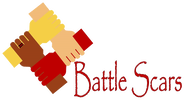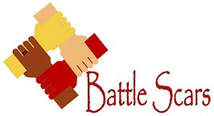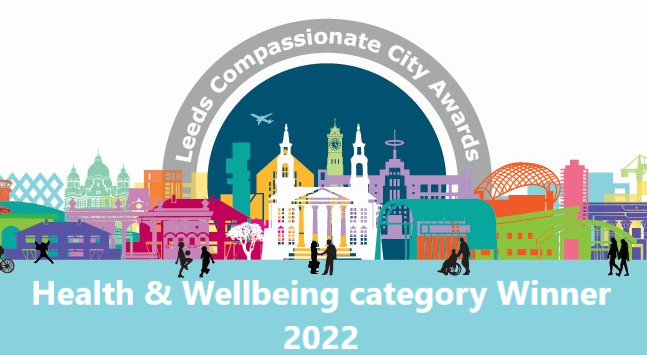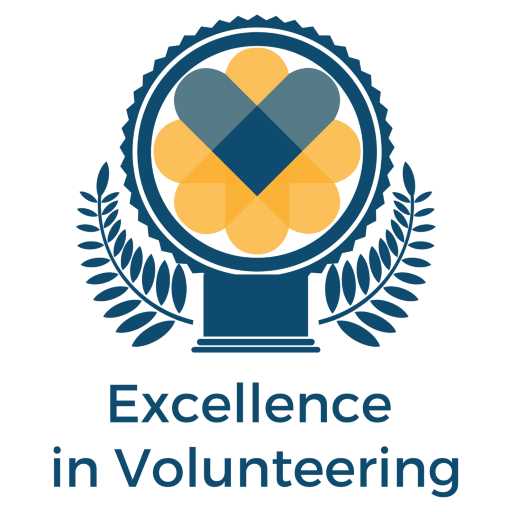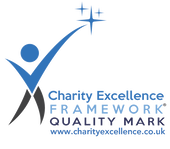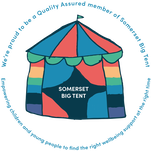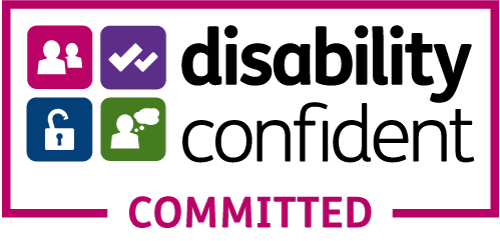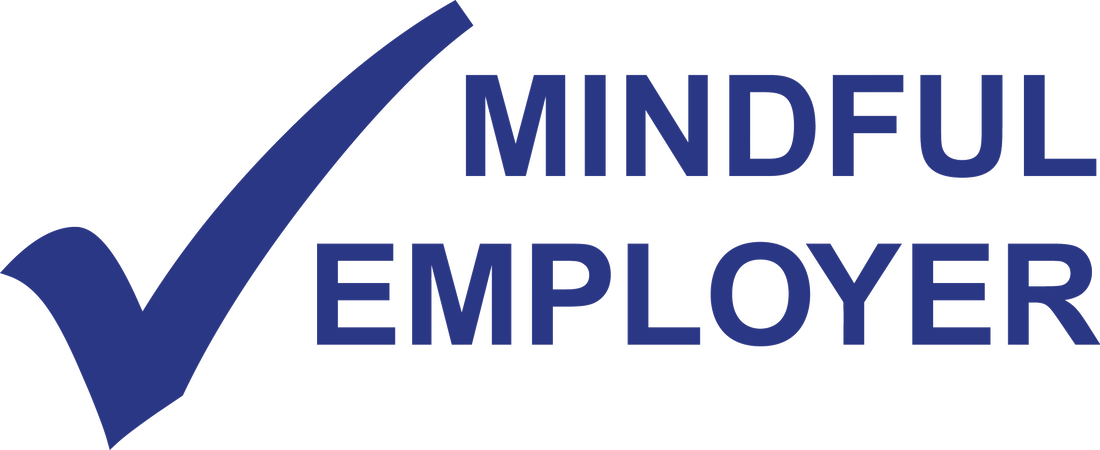What is self-harm all about?
|
|
Self-harm is a coping mechanism, a method of managing with what life throws at us. It is not a behaviour of only young people, or only women, or only white people, or only of those with mental health issues. Self-harm is totally non-discriminatory. It does not care what colour, age, nationality, gender etc. you are, or what physical or mental condition you're in, or what your background is. It does not care if you're successful or a failure, if you're an under or over achiever, if you're a loner or have a vibrant social network. It does not care if your past is troubled and the skeletons in your closet are enormous or if you had a perfect childhood. All that's required is the need to regain some control.
|
|
“Self-harm is attention seeking”
“Self-harm is a teenage girl thing” “Self-harm is a suicide attempt” “Clever people don’t self-harm” “People who self-harm obviously like pain” “People who self-harm are a danger to others” “Talking about self-harm encourages people to pick it up….” Myths! |
"I self-harm when the mental pain somewhere inside me that I can't get to becomes overwhelming, so then I can feel it physically and see it" |
Self-harm (or self-injury) simply doesn’t make sense to those who don’t use it. How can anybody turn on themselves? How can they cause themselves injuries, pain, permanent damage? How can they claim it helps?
When something doesn’t make sense, especially when something seems to go against our nature, it’s feared. Fear and ignorance create these myths. Myths that result in those who self-harm being judged and holds many of them back from seeking help.
I’ve been at the receiving end of judgemental looks, comments and actions. I’ve experienced the ignorance and the begrudged, rushed treatment of my injuries, injuries that were a much better alternative than trying to end my life. I’ve received the assessment reports that churned out cliches and constant assumptions that left me wondering who they were talking about, because it wasn’t me!
Self-harm is much more complex than people think. Not everybody who self-harms has experienced trauma. Not everybody who uses it gets relief from it. Both the causes behind it and the results from it vary considerably from person to person. One thing seems to be a constant though: the need to regain some control over something. And that’s what self-harm offers. I take control over my thoughts by using self-harm, a powerful distraction method that helps my brain take a break and pull back from more dangerous ideas. Others take control of their own pain: physical pain caused by an injury makes sense; emotional pain doesn’t feel logical at all. But bringing it out in the form of a physical injury is easier to grasp. Others take control of their own punishment or continuation of it, punishment they’ve been conditioned to believe they deserve. Others need some control when their abuser exerts their will on them. A few seconds or minutes of control can be priceless when we feel we don’t have any.
Nobody would be using self-harm if it didn’t work. Yes, it’s short-lived. Yes, it’s damaging. And yes, we all know it’s not a good way to manage things. So, we all fight the urges. Every. Single. Time. It’s exhausting, it’s torturous, sometimes we manage them and other times we don’t. Sometimes it’s more dangerous to keep resisting them than to act on them while we still can control what we’re doing. Because even though self-harm gives control, self-harm can also take all control away.
It’s is also very addictive. Because the sense of control - or the relief, or the calmness, or the break from numbness - is intoxicating. Many people get a buzz from self-harm or it helps them ground and function. Often it becomes ritualised and it can become a habit. It can get tangled up with everything we do and it grows up with us by mutating to suit the situations we’re facing as we grow older. Untangling it from our lives isn’t easy. Suddenly stopping using it without better alternatives is, more often than not, a recipe for disaster. Gradually working on various aspects of it is a much safer and wiser approach, starting with managing the triggers and our reactions to them, finding healthy distractions, building a support network, and, most of all, increasing our self-awareness of what makes us tick and building the strength to work on the root of the problem. A long process – and most definitely not easy or straightforward – but worth doing.
This is where Battle Scars comes in. An organisation founded due to my need to find others who understood that quickly grew into a charity. A 100% survivor-led and run charity offering peer support, understanding without judgement, encouragement, honesty. We don’t set stopping self-harming as a target, instead, we focus on managing self-harm, doing the above and learning to manage life better. We believe people can achieve despite the self-harm. They can improve their self-image, self-esteem and confidence despite the self-harm. And while they’re doing that discover they need to self-harm less and less. Until it’s no longer required, until it fades into insignificance, until it’s no longer a part of their life. It is possible to live a self-harm-free life but that is not the aim. The aim is to live.
Jenny Groves - 31 December 2020
Founder & CEO with 35 years lived experience of self-harm
When something doesn’t make sense, especially when something seems to go against our nature, it’s feared. Fear and ignorance create these myths. Myths that result in those who self-harm being judged and holds many of them back from seeking help.
I’ve been at the receiving end of judgemental looks, comments and actions. I’ve experienced the ignorance and the begrudged, rushed treatment of my injuries, injuries that were a much better alternative than trying to end my life. I’ve received the assessment reports that churned out cliches and constant assumptions that left me wondering who they were talking about, because it wasn’t me!
Self-harm is much more complex than people think. Not everybody who self-harms has experienced trauma. Not everybody who uses it gets relief from it. Both the causes behind it and the results from it vary considerably from person to person. One thing seems to be a constant though: the need to regain some control over something. And that’s what self-harm offers. I take control over my thoughts by using self-harm, a powerful distraction method that helps my brain take a break and pull back from more dangerous ideas. Others take control of their own pain: physical pain caused by an injury makes sense; emotional pain doesn’t feel logical at all. But bringing it out in the form of a physical injury is easier to grasp. Others take control of their own punishment or continuation of it, punishment they’ve been conditioned to believe they deserve. Others need some control when their abuser exerts their will on them. A few seconds or minutes of control can be priceless when we feel we don’t have any.
Nobody would be using self-harm if it didn’t work. Yes, it’s short-lived. Yes, it’s damaging. And yes, we all know it’s not a good way to manage things. So, we all fight the urges. Every. Single. Time. It’s exhausting, it’s torturous, sometimes we manage them and other times we don’t. Sometimes it’s more dangerous to keep resisting them than to act on them while we still can control what we’re doing. Because even though self-harm gives control, self-harm can also take all control away.
It’s is also very addictive. Because the sense of control - or the relief, or the calmness, or the break from numbness - is intoxicating. Many people get a buzz from self-harm or it helps them ground and function. Often it becomes ritualised and it can become a habit. It can get tangled up with everything we do and it grows up with us by mutating to suit the situations we’re facing as we grow older. Untangling it from our lives isn’t easy. Suddenly stopping using it without better alternatives is, more often than not, a recipe for disaster. Gradually working on various aspects of it is a much safer and wiser approach, starting with managing the triggers and our reactions to them, finding healthy distractions, building a support network, and, most of all, increasing our self-awareness of what makes us tick and building the strength to work on the root of the problem. A long process – and most definitely not easy or straightforward – but worth doing.
This is where Battle Scars comes in. An organisation founded due to my need to find others who understood that quickly grew into a charity. A 100% survivor-led and run charity offering peer support, understanding without judgement, encouragement, honesty. We don’t set stopping self-harming as a target, instead, we focus on managing self-harm, doing the above and learning to manage life better. We believe people can achieve despite the self-harm. They can improve their self-image, self-esteem and confidence despite the self-harm. And while they’re doing that discover they need to self-harm less and less. Until it’s no longer required, until it fades into insignificance, until it’s no longer a part of their life. It is possible to live a self-harm-free life but that is not the aim. The aim is to live.
Jenny Groves - 31 December 2020
Founder & CEO with 35 years lived experience of self-harm
